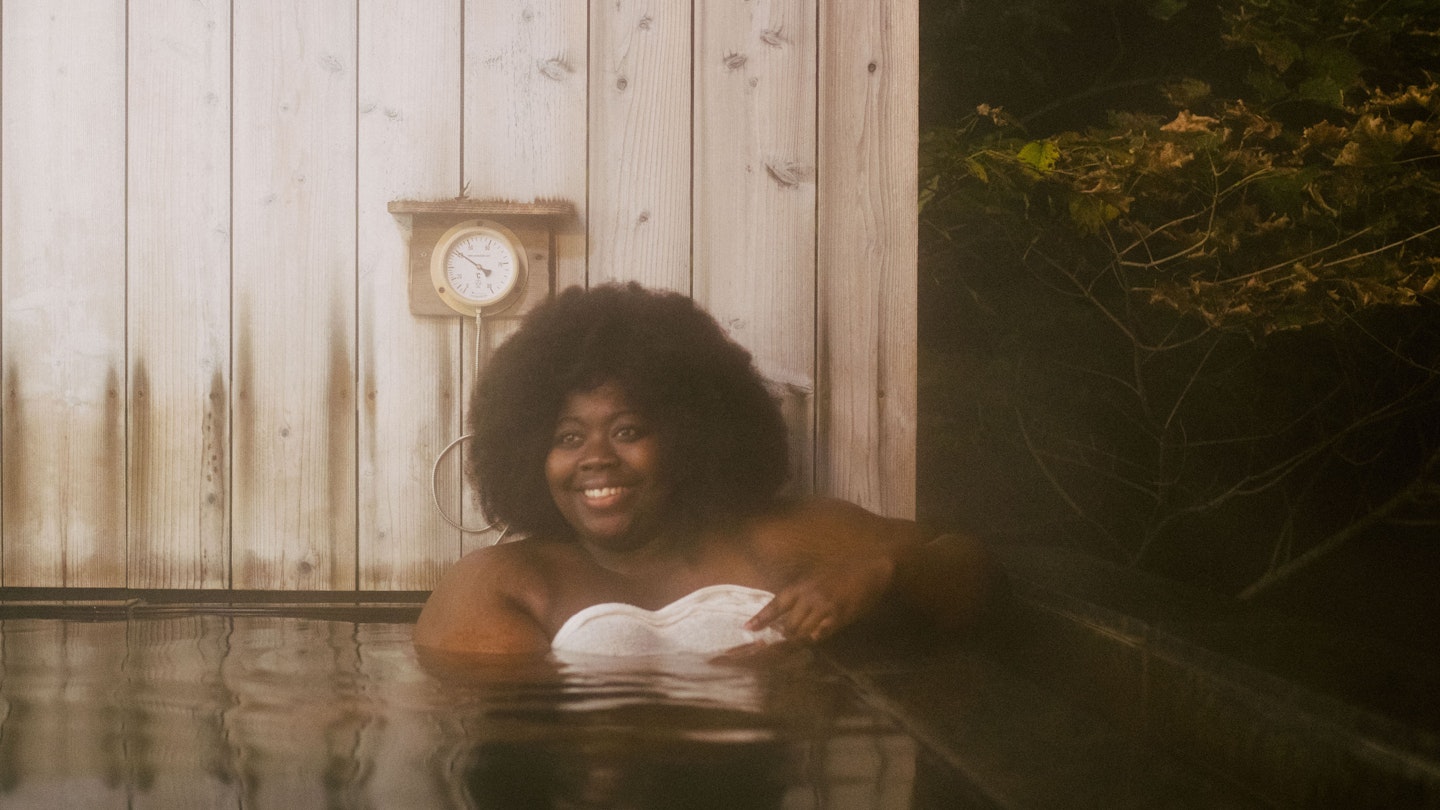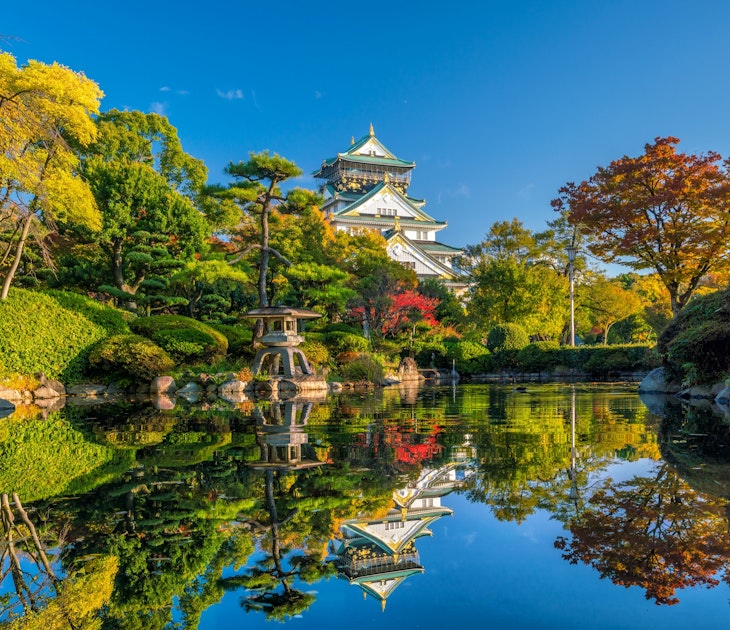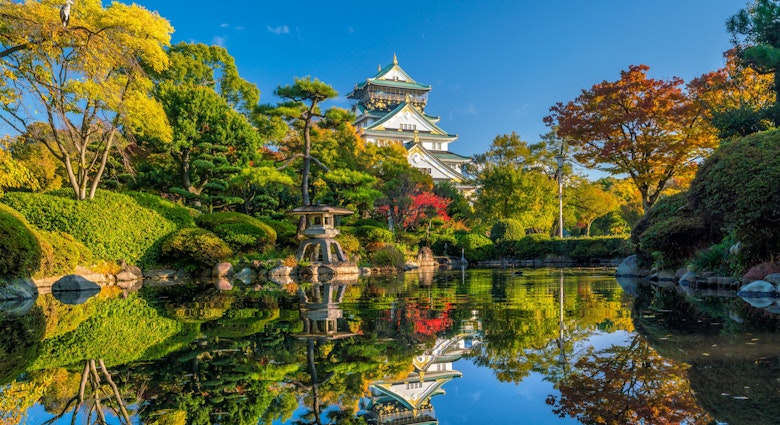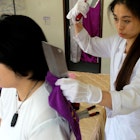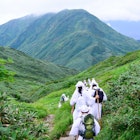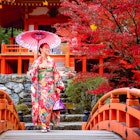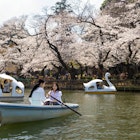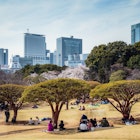The atmosphere of the room was perfectly still, with scalding steam rising from the surface of the water. I almost expected the milky grey liquid to start bubbling like a volcanic swamp, but, save for the ripples caused by its occupants, the onsen water was perfectly calm.
The first thing I noticed was the unmistakably powerful scent of sulphur that filled the air, and if you’ve ever been the victim of a stick bomb prank, you’ll recognize the familiar scent of rotten eggs engulfing your nostrils. Rest assured it only lasts a short moment before your sense of smell adjusts and it fades away along with any stress.
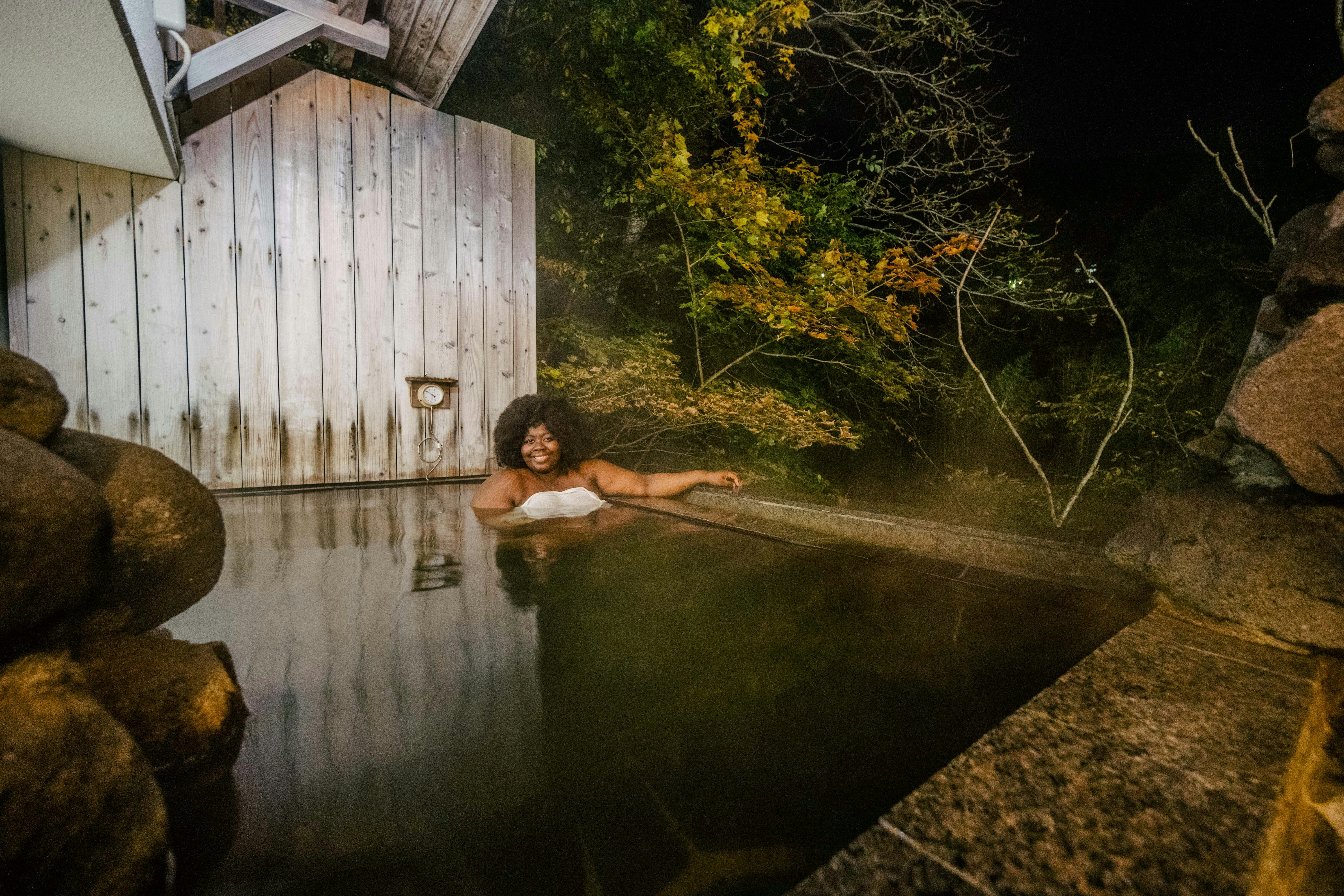
This was my first experience with Japan’s natural bubbling hot springs – onsen. Hot springs are numerous across Japan and the country boasts over 3000 onsen, with many visitors prioritising the experience during their visit. There is much mystique surrounding the hot spring baths, as they are extremely sacred to the culture of Japan, and with that comes a specific set of rules associated with using the baths. I’m here to give you the lowdown on how to have the best experience possible while respecting this beautiful practice.
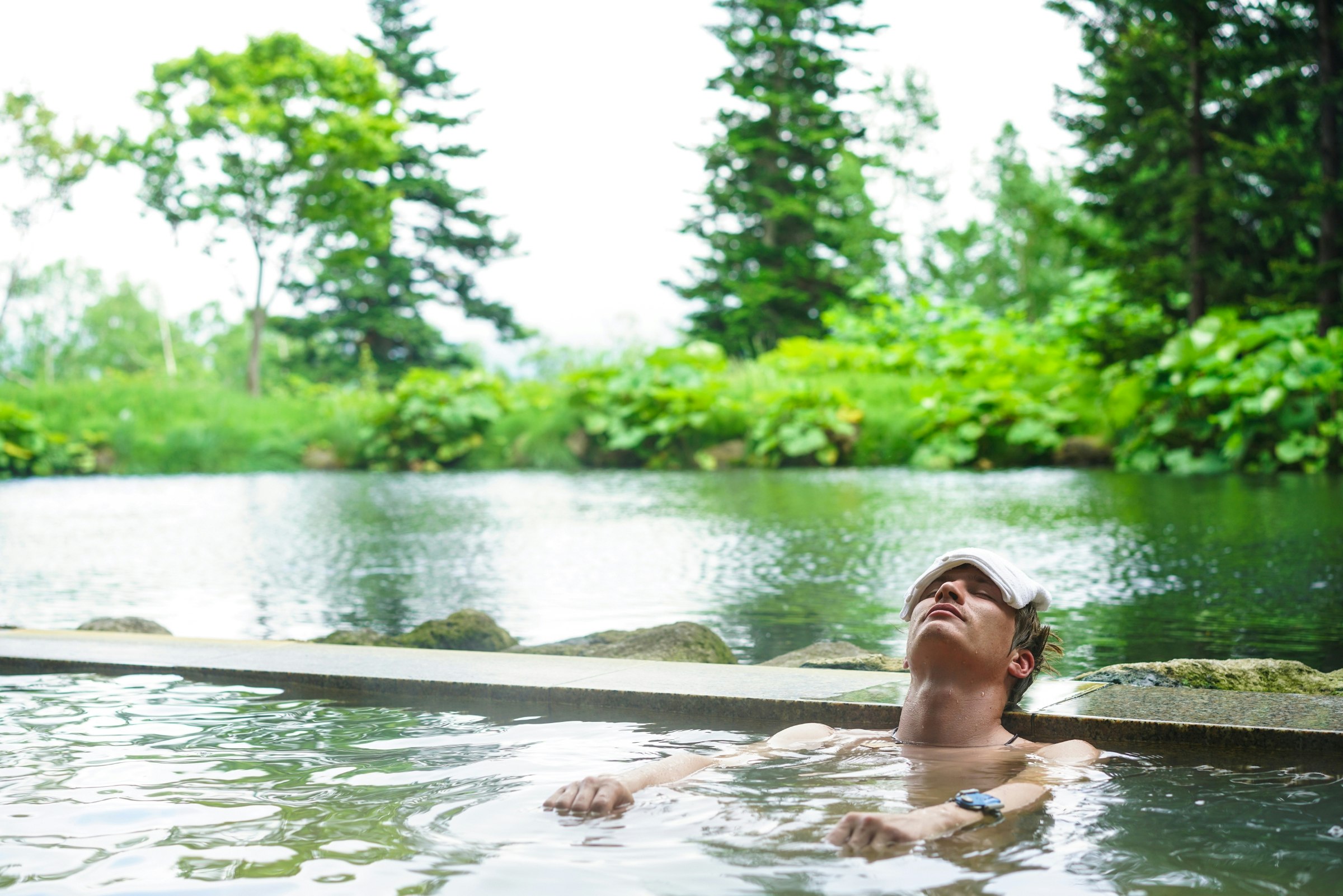
First of all, what is an onsen?
An onsen is a natural hot spring bath that is geothermically heated underground by the volcanic activity of the land. In order for a pool to be considered an onsen, the water must contain a minimum of one of the nineteen chemical elements that occur naturally in spring water, and the water must be at least 25C when it comes out of the ground.
There are a huge number of onsens available for either public or private use throughout Japan. Luckily for me, I was able to use private onsens in the popular towns of Akiu and Naruko, but you should exercise caution if you plan to use a completely natural onsen outdoors. The water can reach very high temperatures and should never be used without proper advice. Regardless of which one you choose, the following etiquette must be strictly observed at all times:

- You must bathe yourself before entering the onsen (facilities are on site in the vast majority of locations).
- You must be naked when in the spring. Most onsen baths are gender segregated but mixed baths do exist. Most allow towels for modesty (see below) but certain very traditional ones may not – be certain to check to avoid offence.
- If you want to preserve your modesty, you can enter the onsen with a small washcloth or towel to hide your bits, but once in the water the towel must either go to the side or be placed on your head. I placed mine to the side after photos were taken for obvious reasons!
- Due to the sacred nature of the springs, and a historical connection in Japan between tattoos and gang activity, you are unlikely to be admitted if you're boasting obvious body ink. However this is gradually changing and there are some options available if you need them. Always check before you visit.
- No hair allowed in the water! So make sure you have a hairband with you before stepping in.
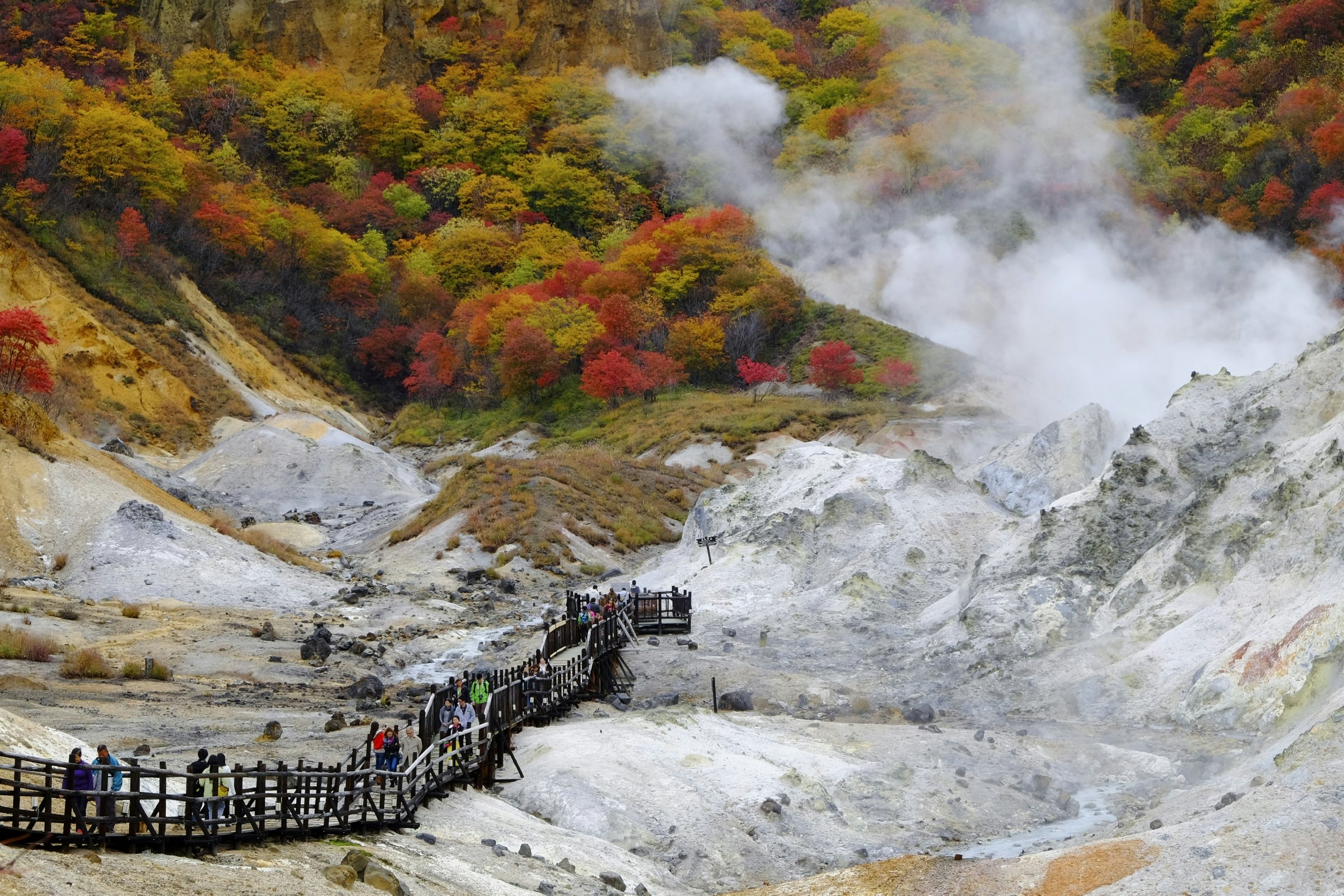
Why are onsen considered so sacred?
While the idea of communal bathing may be unfamiliar to most foreigners, in Japan it is a beloved part of the traditional culture. Stories about onsen water containing a multitude of healing properties have been told in Japan forever, and it is packed full of minerals that many believe are good for your skin, circulation and general health.
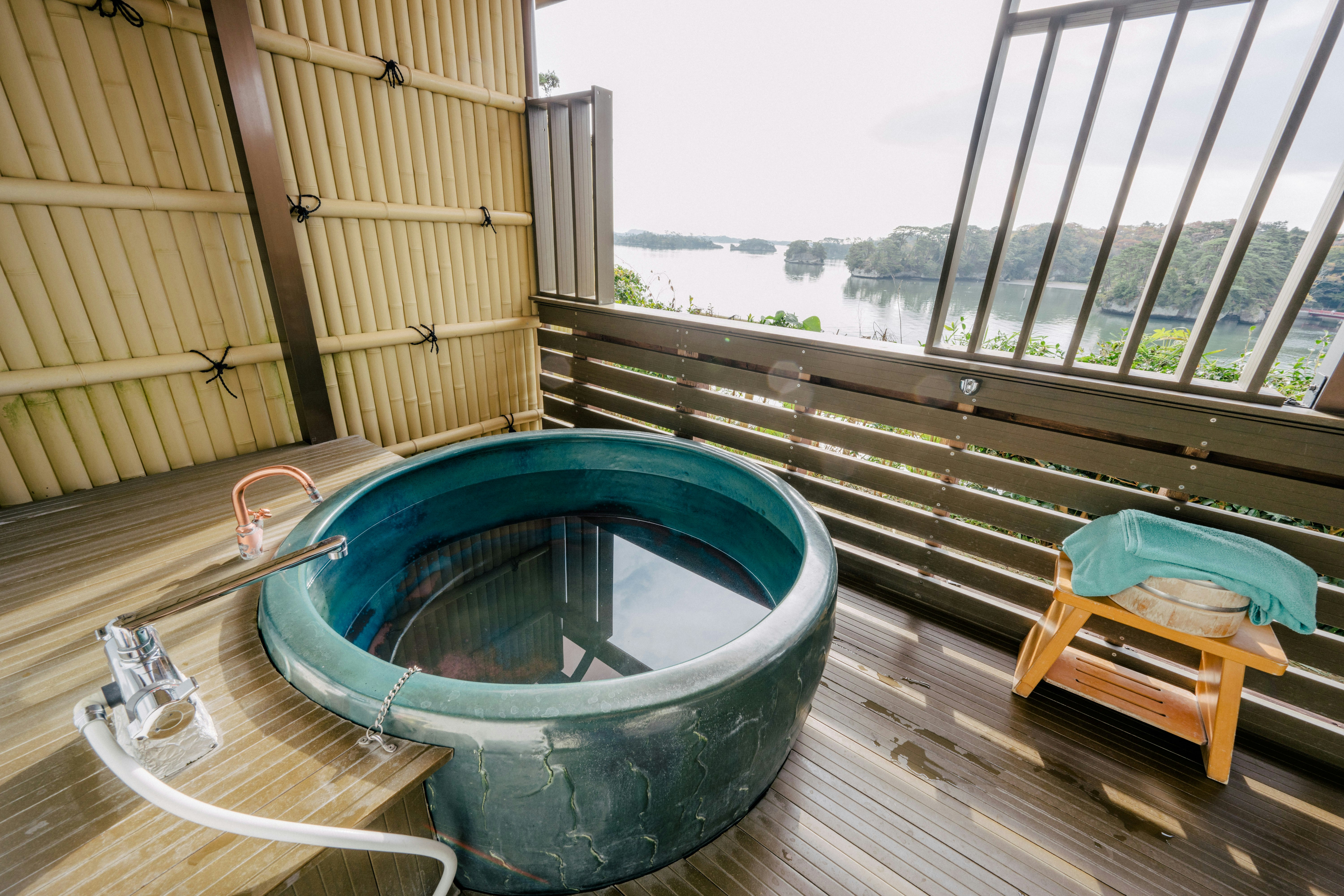
My personal experience using the onsen was wonderful; they are scorching hot once you get in but after about five minutes you become used to the heat and the distinctive smell. I found that I kept floating to the surface due to the vast amount of sulphur and natural minerals in the water, which I'm told isn't unusual. A warning for those who have low blood pressure however: I wouldn’t stay in the water for too long, as the heat can make you feel a bit faint. Bathing in a hot spring does a terrific job of making you incredibly sleepy, so visiting one shortly before bedtime turned out to be an absolute gift to an insomniac like me. All I need now is to figure out how to relocate one to a bathroom in southeast London...
Stephanie Yeboah travelled to Japan with support from the Tohoku Tourism Promotion Organization. Lonely Planet contributors do not accept freebies in exchange for positive coverage.

